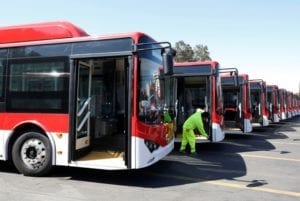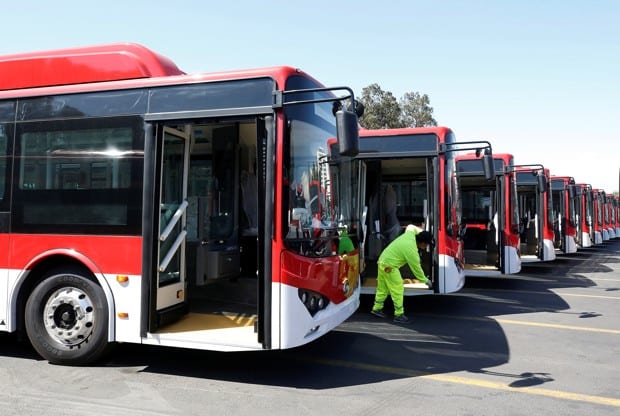The World Resource Institute has released two reports that look at the challenges of electrifying global bus fleets and examine how US cities can overcome them.
According to the reports, a combination of technological, financial and institutional issues are currently preventing cities in the USA from switching to electric buses en masse.

Camron Gorguinpour, one of the lead authors of the reports, said: “Understanding that electric vehicles are about more than just vehicles is one of the hardest barriers for people to cross over, in both the energy and the transportation sectors.
“It’s hard on people who have gone through their whole careers thinking that vehicles are electrical systems are [separate] to now internalise that these things are one and the same.”
The reports state that, when cities consider changing to electric buses, they must understand the power grid upgrades and charging infrastructure needed, and challenges that come with that.
Gorguinpour believes cities focus too much on upfront costs and not on the lifecycle cost. He also believes that cities should work with a group of stakeholders to devise a strategy too for implementing electric buses.
Around 425,000 electric buses were in service in the world’s cities last year, with 99% of them in China.
In the USA, an electric bus currently costs around US$750,000 (£669,000), while a conventional diesel bus costs $435,000 (£388,100) on average.





